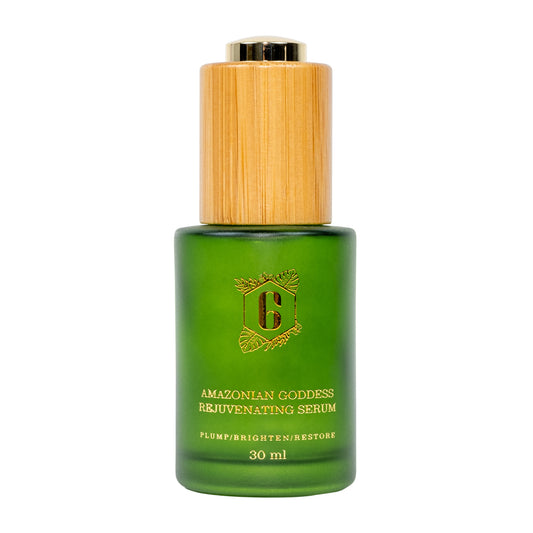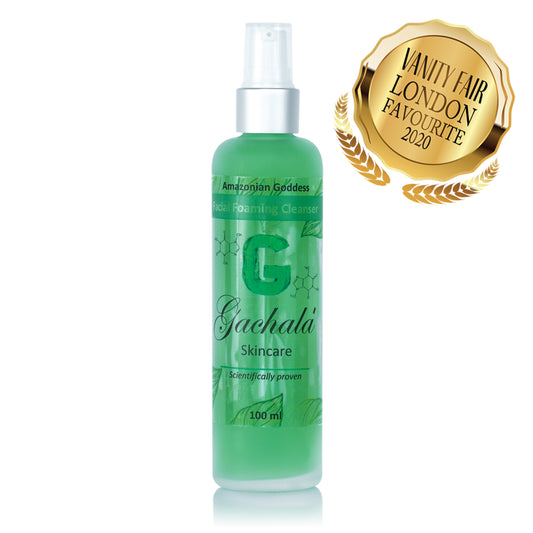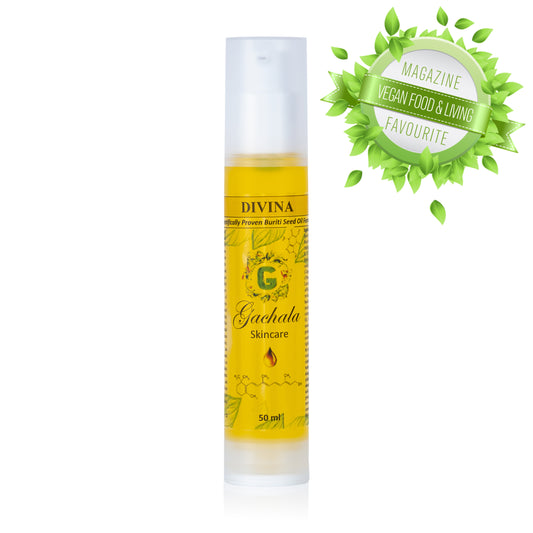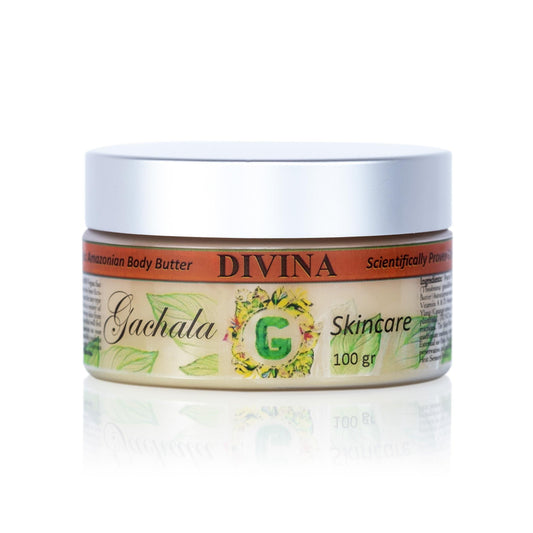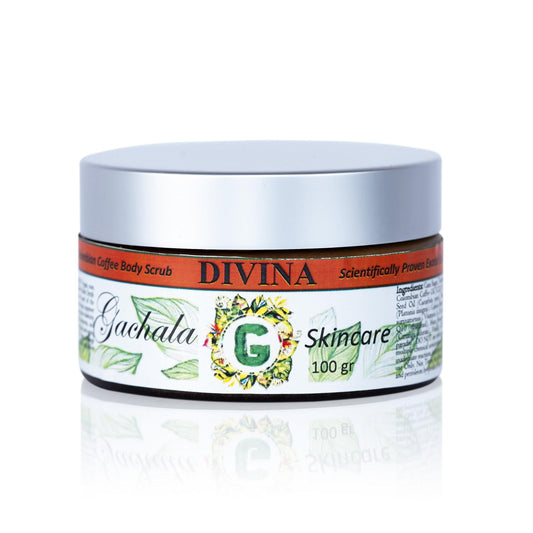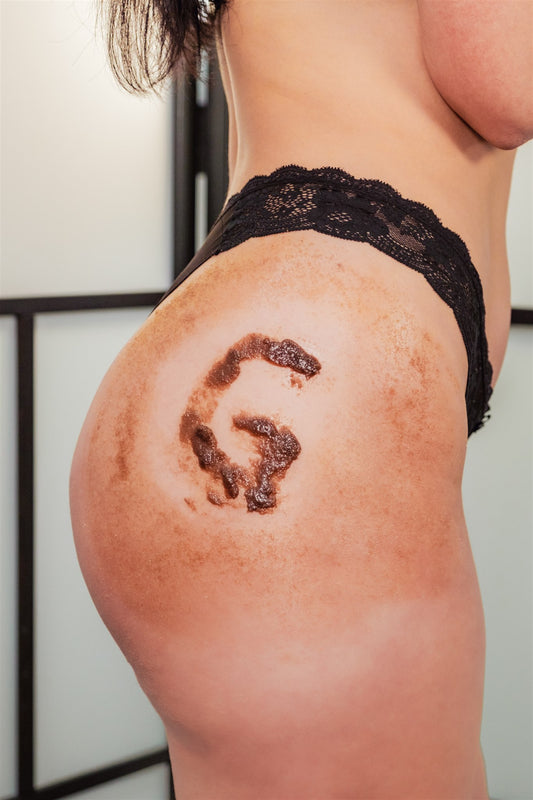To understand the importance of PH, we have to define what PH is. PH is defined as the potential of Hydrogen's ions contain in any substance. In other words, it measures the levels of acidity. But how is this interpreted or understood in terms of our skin?
Our skin is designed to protect us from infections and foreign entities that could harm us. Skin PH plays a significant role in the skin's ability to fight them properly. When our skin PH is unbalanced, we experience a series of skin conditions depending on the amount of Hydrogen's found in it.
PH level ranges between 1-14 on the scale. One being the most acidic and 14 the most alkaline, seven is considered neutral. In the otter layer of our skin, also known as the epidermis, there is a thin protective layer called ACID MANTLE. This layer is made up of sebum (free fatty acids) produce by the sebaceous glands and amino acids, lactic acids secreted by the sweat glands. This combination of components leads to a slightly acidic and optimum PH of 5.5.
Many factors, such as environment and lifestyle, can disrupt the delicate PH balance of the acid Mantle both internally and externally. Eating, sleeping well, and having the right skincare products can maintain its precious balance.
Diet plays a vital role in the PH of our skin. The most acidic we eat, the more alkaline our skin PH will be. Animal products that are alkaline before digestion are considered acid-forming. This is an interesting paradox as acidic products like lemon, veggies, and fruits are acidic prior digestion, yet when ingested, they are alkaline-forming. Dr. Jeannette Graf, "We need our diets to be less acidic than alkaline; otherwise, we become too acidic." Meaning that an ideal diet consists of consuming an abundance of alkalizing foods., such as leafy green vegetables, citrus fruits, tomatoes, carrots and soybeans.
When it comes to skincare, having an excellent mild cleanser is extremely important. Most cleansers such bars and detergent soaps tend to be too alkaline for the skin as they strip away natural oils (sebum), causing dryness and irritation.
Skin that is too alkaline can be more susceptible to acne. A certain level of acid is needed to inhibit bacteria growth, too acidic it can cause redness and itching.
Be mindful of your cleanser; perhaps it is the most crucial step of your skincare routine!
KAREN FORERO, Gachala Skincare






